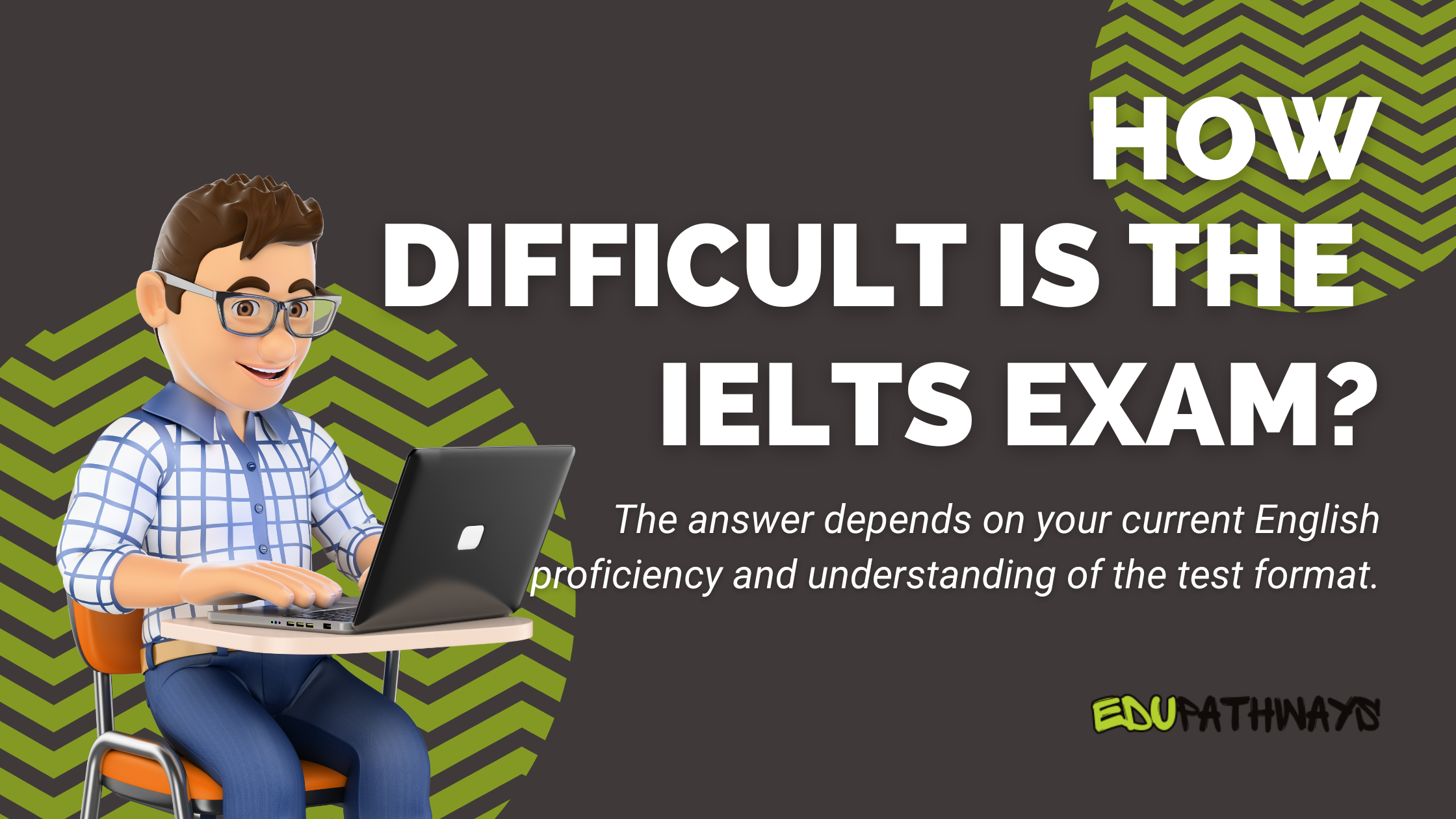Tips Students Can Take Action On
Achieving academic success is not just a matter of working hard but working smart and building better study habits. When it comes to preparing for final exams or daily assessments, polishing your studying techniques can help you maximize learning and improve test results. The following are actionable tips that shall help you to develop better study habits to set you up for academic success.
1. Make a Study Plan and Stick to It
One of the most helpful things you can do to develop better study habits is to create a structured study plan. This helps you deal with your time in the best possible way because all the subjects that need to be covered actually get covered.
Actionable Tips:
Break down your study sessions into manageable time slots, like 30-45 minutes of focused study followed by a short break. Keep track with planners, Google Calendar, or any time management app.
2. Set Clear, Achievable Goals
Setting specific goals helps focus the study sessions and gives you direction. Be it completion of a chapter or understanding of a complex topic, having targets improves focus and motivation.
Actionable Tip:
At the start of each session, write down what you want to achieve in that study session. For example, “Review Chapter 3 and complete practice questions.” This provides you with an evident target you are working towards.
3. Employ Active Learning
Passive reading and rote memorization are ineffective ways to learn. Set up active approaches to learning that will help you to learn and understand more effectively.
Actionable Tips:
Summarize in your own words what you read, make flashcards, take practice tests, or teach the material to someone else. These techniques force your brain to process and internalize information actively.
4. Spend More Time with Difficult Subjects
We procrastinate on those topics, but starting them off early in your study sessions simply means that you’re expelling time and energy when your mind is freshest.
Actionable Tips:
Start with the hardest or the most boring subject. Once you have overcome these, the easy ones become relatively easier to study.
5. Eliminate Distractions
Studying in a distracting environment can make you far less productive. Ensure your study space is devoid of distractions such as your phone, social media, or noisy surroundings.
Actionable Tips:
Applications like Forest or Focus@Will were built explicitly to block out these types of distractions and keep individuals working within set time frames. It’s also possible to create a dedicated study space, quiet and comfortable, which can enhance your ability to concentrate.
6. Use Time Management
Cramming on the night before before an exam rarely yields good results. Effective time management ensures steady progress and a lack of tension before exams.
Actionable Tip
begin to prepare for exams well in advance. Employ the Pomodoro technique-25 minutes of work, followed by 5-minute breaks-or other time management strategies for balancing study time and rest.
7. Take Regular Breaks
Your brain needs rest to process information efficiently. Too much studying without breaking will results in burnout and loss of concentration.
Actionable Tip:
Incorporate short breaks within your study sessions. Try this: Break 5-10 minutes after every 45 minutes of focused study to help revitalize your brain. During this time, take a walk, do some stretching, or drink water to refresh your mind.
8. Get Enough Sleep
Sleep is an important factor in memory and cognition. Pulling all-nighters can be self-destructive due to a lack of energy and, therefore, poor performance during tests or exams.
Actionable Tip:
Try sleeping 7-9 hours each night, especially before an exam. Good sleep will help reinforce information learned during studying, as well as increase alertness.
9. Organized Study Materials
Organizing your study materials saves you time and also saves you from unnecessary stress. Also, this creates an avenue where by all means, you will have everything you need to study effectively.
Actionable Tip:
Set up your notes, assignments, and past exam papers in categories in a folder, binder, or a digital tool such as Evernote or OneNote. Also, make sure to keep your area of study neat and tidy to avoid distractions.
10. Review Regularly
By reviewing the notes or trying to cram at the last minute results in information overload. The only two ways knowledge is really cemented into our brains are by re-exposure to previously learned material and by time. You can use active recall by taking quick quizzes on the material you’ve gone through, creating mind maps, or summarizing what you have learned in your own words.
11. Stay Physically Active and Eat Well
Good physical condition directly influences mental performance. Regular physical exercises and proper nutrition will improve your concentration and vitality.
Actionable Tip
The best results will come from adding light physical activities such as walking or stretching to your daily routine. Eating brain-boosting foods like fruits, vegetables, and whole grains will help you maintain high energy while studying.
Conclusion
These tips on study strategies will help you develop better study habits to support your success with your exams. It all takes consistency; building better habits requires time, discipline, and determination, but this will be time well spent because you will get success in your study sessions and academic performance.



